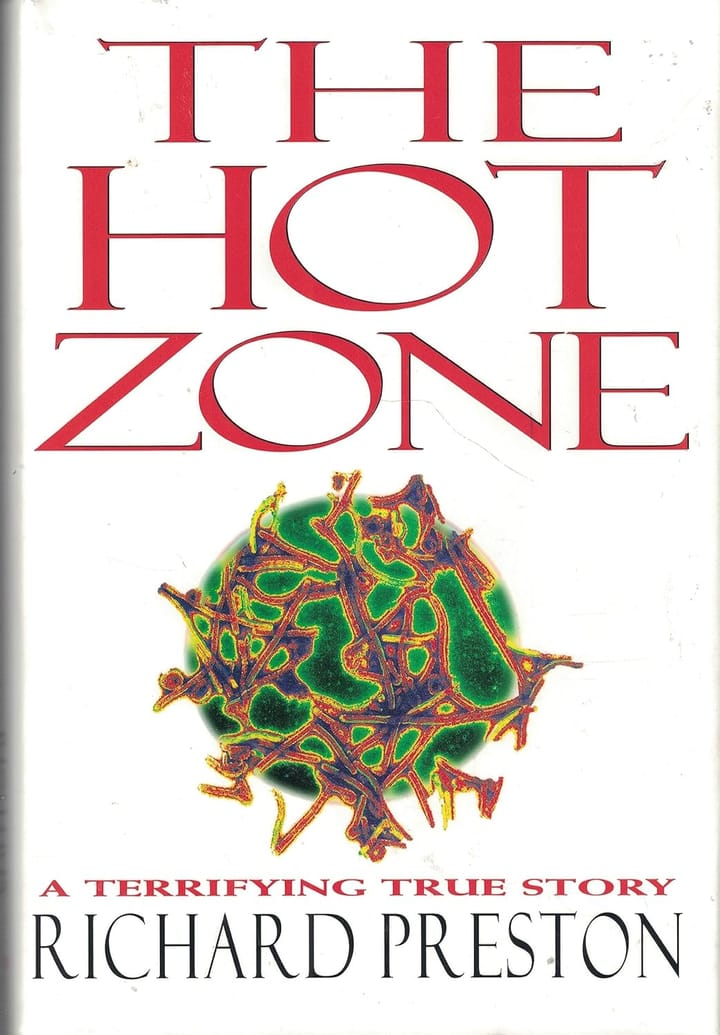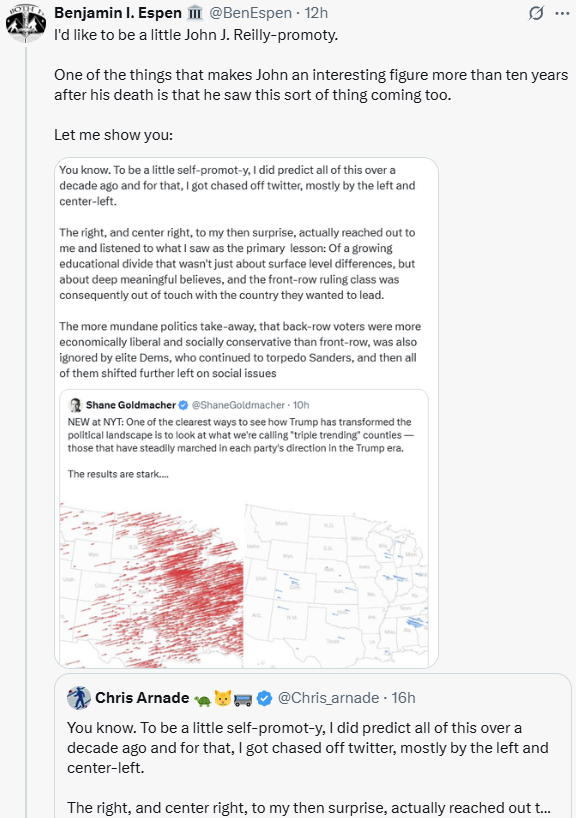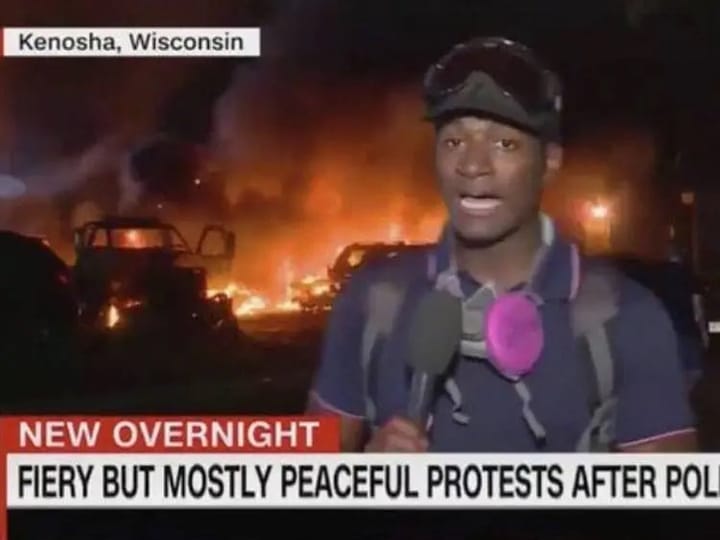The Long View: Staring into Chaos
You can't get a much better summary of the strengths of the early metahistorians than this:
They suggest that basic science will be exhausted, though applied science will still have possibilities. They all expect that the vital elements in society will be increasingly religious, though a fossil secular cultural establishment may continue to exist. They anticipate some sort of universal government. As Spengler and Toynbee (though not Sorokin) might have put it, the decline-and-fall has already happened. All that remains is to work out the implications.
Staring into Chaos: Explorations in the Decline of Western Civilization
by B.G. Brander
Spence Publishing Company, 1998
418 pages, $29.95
ISBN: 0-965-3208-5-5
One of the ways this fin-de-siecle differs from the last time around is that you hear much less about "decline" and "degeneration." The idea of "organic" cultural decline, so common in the last few decades of the 19th century and widely discussed into the second half of the 20th, is simply alien to the postmodern worldview. B.G. Brander, a former writer for National Geographic and sometime reporter for the World Vision Global relief agency, has performed a useful service of recollection by providing this handy summary of the major "pessimist" philosophies of history of the last century or so. Besides, some of the metahistorians he discusses got just enough right about the 20th century to suggest they may be worth listening to regarding the 21st.
Brander gives accounts of the philosophies of the lesser metahistorians, such as Ernst von Lasaulx, Henry and Brooks Adams, Nikolai Danilevsky, Nikolai Berdyaev and Walter Schubart, as well as highlighting the prophetic utterances of people like Albert Schweitzer and Jakob Burckhardt, who are not normally remembered for their dark forebodings about the future. Most of these people shared the intuition, not at all uncommon in the late 19th century, that the Western world had entered a new "Hellenistic" age, and that the twentieth century was going to see a recurrence of the less pleasant aspects of Hellenism. These would include such things as demagogic tyrannies, ferocious warfare and a relaxation of traditional restraints in art and personal life. Nietzsche had said as much, of course, and anyone who entered the 20th century with this modest insight would not have been greatly surprised. Brander's primary concern, however, is the metahistorians who turned this notion into works of historical speculation as elaborate as grand operas: Oswald Spengler in "The Decline of the West," Arnold Toynbee in "A Study of History" and Pitirim Sorokin in "Social and Cultural Dynamics."
Though the mention of "The Decline of the West" still gives some people fits, no one can deny that the book has legs. Only two volumes long, it is the shortest of the three great metahistories, and it has been continually in print since the first volume appeared in 1918. Bombastic, deterministic, in some ways pig-ignorant of the civilizations it purports to cover (Spengler seems to have known nearly nothing about Chinese history after the third century AD), the fact remains that Spengler sometimes hit the nail on the head. The parallels he drew between the political history of the later West and that of Greco-Roman civilization are really quite acute. So is the book's analysis of the culture-specific aspects of modern and Greek mathematics. If Brander does Spengler a disservice, it is in repeating just what Spengler says, rather than trying to update it.
In its heyday (roughly 1948 to 1960), "A Study of History" was a much bigger phenomenon than "The Decline of the West" ever was. Weighing in at 12 volumes, the "Study" was certainly physically larger. It was published over three decades, and Brander asserts that it was the largest book of the 20th century. Toynbee drew many of the parallels that Spengler did, but with more qualifications and far more information. Toynbee's study was friendly to the role of religion in history and (especially in condensed versions) more fun to read than Fernand Braudel. Its notoriety, though, was largely the work of Henry Luce of Time magazine, who saw to it that his publishing empire touted the "Study" as the court philosophy of the American Century. Perhaps for that reason, we may have to await the recurrence of a cultural climate like that of the 1950s for Toynbee to make a comeback.
"Social and Cultural Dynamics" is the odd one in this group. Four volumes long, it was widely discussed when it began to appear in the late 1950s, but it never had the hold on the public imagination that the other metahistories had. Partly this was because Sorokin cheated: the book is based on an ocean of quantitative research, and its appendices are formidable. Sorokin eschewed the use of the familiar term "civilization." He spoke of "cultural supersystems," and he modestly concentrated his attention on those that had arisen in the West. Sorokin's system of three recurrent kinds of cultural epochs, "ideational," "integral" and "sensate," don't fit in any obvious way into conventional periodizations of history. The work describes historical "transitions" rather than melodramatic decline-and-falls. Still, the level of detachment and the attempt at empiricism that characterize Sorokin's great work may be an advantage some day, should metahistories come back into fashion.
Brander concludes with a section which tries to assess the continuing relevance of the grand metahistorians for the future, as seen from the end of the 20th century. This is harder than it sounds. Although Toynbee liked to refer to the year 2000 as the date by which this or that was bound to happen, the fact is that the turn of the millennium played no special role in any of their systems. (Spengler, who wrote long before the Cold War, may be the least dated now that it is over.) Still, there do seem to be some common themes in the expectations of these voices from the first half of the 20th century for the 21st:
They suggest that basic science will be exhausted, though applied science will still have possibilities. They all expect that the vital elements in society will be increasingly religious, though a fossil secular cultural establishment may continue to exist. They anticipate some sort of universal government. As Spengler and Toynbee (though not Sorokin) might have put it, the decline-and-fall has already happened. All that remains is to work out the implications.
A much shorter version of this review appeared in the December 1998 issue of First Things magazine.
Copyright © 1998 by John J. Reilly

Staring into Chaos: Explorations in the Decline of Western Civilization By Bruce Brander



Comments ()